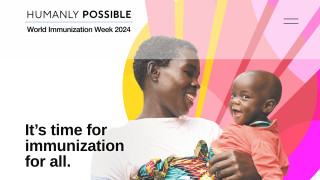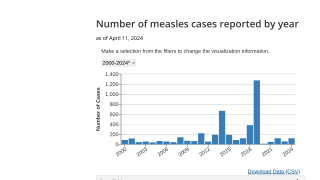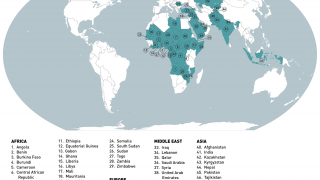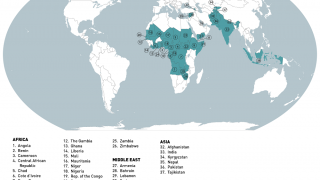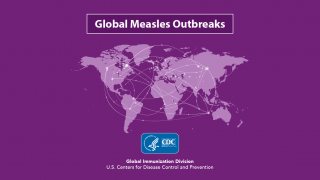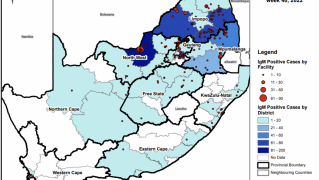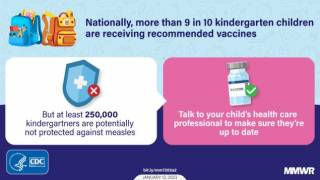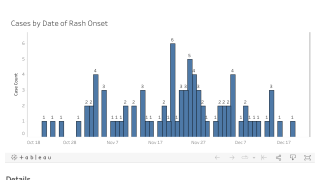America’s Quiet Measles Outbreak
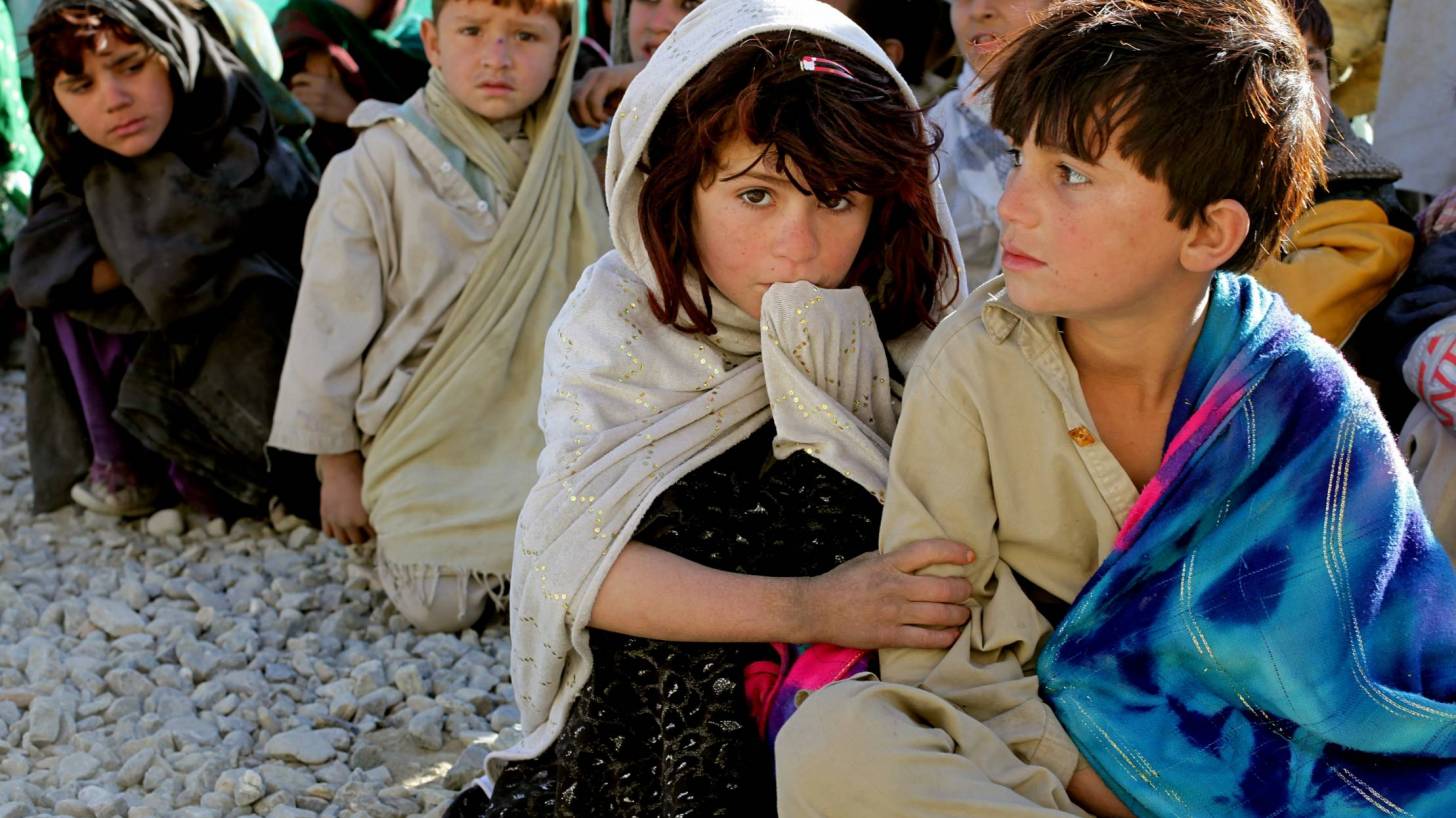
Since measles is a reportable disease, the US Centers for Disease Control and Prevention (CDC) usually keeps everyone informed regarding an outbreak.
The CDC updated its website today with new measles outbreak information. However, the CDC did not issue an updated Health Advisory, as it did on September 20, 2021.
Today’s data indicates there have been a total of 20 measles cases reported by three jurisdictions as of September 29, 2021.
The CDC says in a given year, more measles cases can occur for any of the following reasons:
- an increase in the number of travelers who get measles abroad and bring it into the U.S., and/or
- further spread of measles in U.S. communities with pockets of unvaccinated people.
For example, the Virginia Department of Health (VHD) issued a warning on September 14, 2021, of a measles outbreak following the arrival of people from Afghanistan. They identified five individuals diagnosed with measles and began reaching out to people in the Central Health Region and the Northern Health Region who may have been exposed to those individuals.
The VHD recently indicated ‘all patients who have been confirmed with measles have been isolated, and their contacts have been quarantined.’
The CDC’s CDCHAN-00452 Advisory stated the U.S. government is in the process of resettling approximately 124,000 people, including about 6,000 American citizens from Afghanistan. Many of the evacuees are from areas with limited access to healthcare and vaccinations.
As of September 20, 2021, CDC has been notified by public health departments of 16 measles cases.
Furthermore, the CDC reported in early August that 1,273 people in Afghanistan had been confirmed with measles in 2021.
On September 24, 2021, Secretary of Homeland Security Alejandro Mayorkas confirmed during an Operation Allies briefing that ‘Afghan nationals who are paroled into the United States — the means by which we admit them here are the humanitarian discretionary authority — are required to take the vaccinations for measles, mumps, rubella, polio, and COVID-19, amongst others, as conditions of their humanitarian parole.’
‘U.S. citizens and lawful permanent residents who have arrived are returning directly to their home communities.’
And ‘the Department of Defense is providing temporary housing facilities for SIV applicants and other vulnerable Afghans at eight installations: Marine Corps Base Quantico, Virginia; Fort Pickett, Virginia; Fort Lee, Virginia; Holloman Air Force Base, New Mexico; Fort McCoy, Wisconsin; Fort Bliss, Texas; Joint Base McGuire-Dix-Lakehurst, New Jersey; and Camp Atterbury, Indiana.’
While the magnitude of this measles outbreak remains unknown, many people are concerned that a repeat of 2019 is pending when 1,282 individual measles cases were confirmed in 31 states.
The 2019 measles outbreak was traced back to the arrival of international travelers carrying the measles virus and quickly infected people in New York, New Jersey, and Michigan.
The CDC says two doses of an MMR (measles, mumps, and rubella) vaccine are about 97% effective at preventing measles and are safe.
And children through one year to 12 years of age have the option of getting MMRV vaccine, which also protects from varicella (chickenpox).
The CDC and states such as Virginia are urging public health officials to continue to look for people with measles symptoms, isolate those with symptoms and contact their local and state health departments of any suspected cases.
Note: Content updated for clarity on October 1, 2021.
PrecisionVaccinations publishes fact-checked research-based vaccine news.
Our Trust Standards: Medical Advisory Committee





